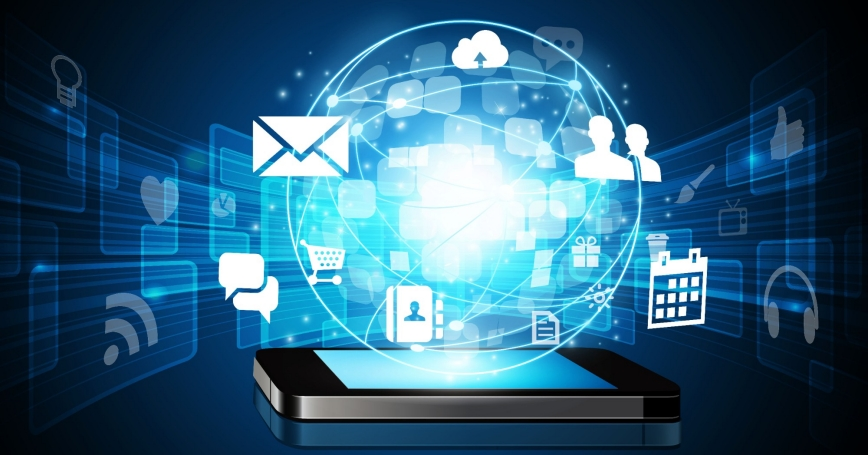Tips to Remain Safe & Secure in the Digital World
Introduction
The war on cyberattacks is on an uprise. From hearing news reports about companies undergoing cyber assaults to individuals being victims of identity thefts, criminals are always working on decisive schemes to obtain valuable information from businesses and individuals. As a matter of fact, the following statistics are very disturbing concerning these crimes: One statistics have shown that in early 2017, ransomware affected over 200,000 computers in 150 countries from various industries, according to CNET. Another horrifying statistic includes a study performed by the Osterman Research showing that approximately 22% of companies having under 1,000 employees encountered a ransomware attack that led to these companies shutting down immediately and undergoing downtime, according to CNN Tech.
Tips to Safeguard Your Digital Belongings
Unfortunately, these cybercrimes are here to stay, but there are ways to safeguard against possible attacks. The following includes tips in safeguarding against these attacks for your business and your home:
Perform System Backups
- Perform System Backups- the most effective way of protecting data and prevent many unnecessary complications from occurring. Thus, you will still normally access your data even if a cybercriminal gets access to your data through file recovery.
Software Updates
- Software Updates- vulnerabilities are more susceptible when there’s out-of-date applications and software. So, computers should be set for automatic updates to heighten security significantly.
Educating Employees
- Educating Employees- employee carelessness is the main reason behind data breaches and malware. Ransomware initially comes through questionable downloads and links, and email attachments. Thus, employees must be educated about not opening possibly a malicious download or link.
Routinely Change Passwords Control Accessibility
- Routinely Change Passwords
- Control Accessibility- there should be limitations on user privileges. The bigger the system administrator account number and the easier the network can be accessed, the more vulnerable the system is for a ransomware attack.
Handling Ransomware
- Handling Ransomware- having a plan of action must be put in place in case there’s a worst-case scenario. Some measures include taking a snapshot of the company’s system memory, shutting down the system as soon as possible, and try pinpointing where the attack derived from.
Email Setup
- Email Setup- take into consideration your email setup. All free webmail and free email are not trustworthy.
Encryption
- Encryption- using top-notch, reputable encryption services, such as GPG for Mail, FileVault, and TrueCrypt, are great tools.
Web Browsing
- Web Browsing- taking privacy and browser security seriously must be done. There are some freely available tools available to obscure your streaming.
- Cloud Services- it’s reported by Snowden that avoidance of these services should be from iCloud, Dropbox, Evernote, and others that are based in the UK, the US, France, and other locations. Also, if they must be used, they should be encrypted.
File Archiving & Storage
- File Archiving & Storage- some are opting to use their own personal cloud service which should be encrypted.
Social Networking
- Social Networking- Facebook accounts should be deleted especially since the CIA work for it.
Location Data
- Location Data- services, such as Foursquare, should be avoided due to them requiring location information.
Wireless Services
- Wireless Services- when it comes to wireless services, it’s vital to keep Bluetooth off by default. It should only be on when needed. Also, be careful when using Wi-Fi in public places. Sites using HTTPS are encrypted, and the ones using HTTP are unencrypted.
Personal Security
- Personal Security- passphrase is more secure than using a password. Other than that, you should use a stronger password or a password management app, such as 1Password or LastPass. Also, if a multi-factor authentication is offered in a service, then it’s great to use for more security.
Search Engines
- Search Engines- profiles are build when the huge search engines track one’s search history to serve the personalized search results. To eliminate this process, you can switch to search engines not requiring the tracking o your inquiries. DuckDuckGo is a good example of search engines not requiring the tracking of your inquiries.
More information concerning ways to keep your personal and business information safe can also be found at The Guardian
Conclusion
With the rise of the outright war on cyberattacks, criminals are always working on decisive schemes to obtain valuable information from businesses and individuals. From one statistic showing that in early 2017, ransomware affected over 200,000 computers in 150 countries from various industries, according to CNET, to an incident called “WannaCry” in earlier in 2017, more aggressive measures must be taken.

